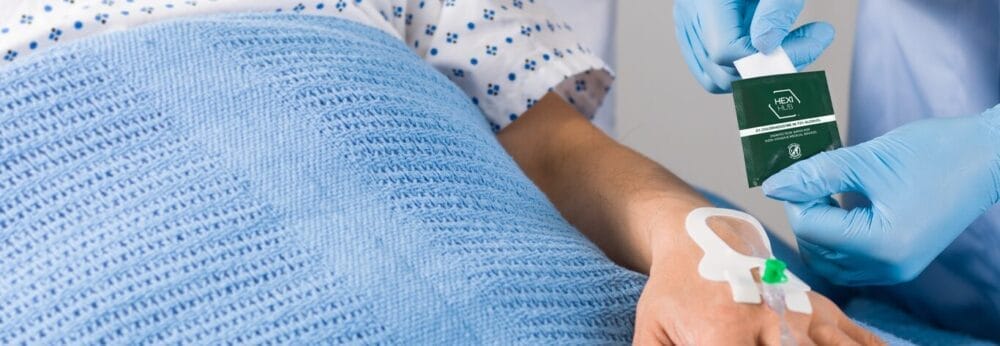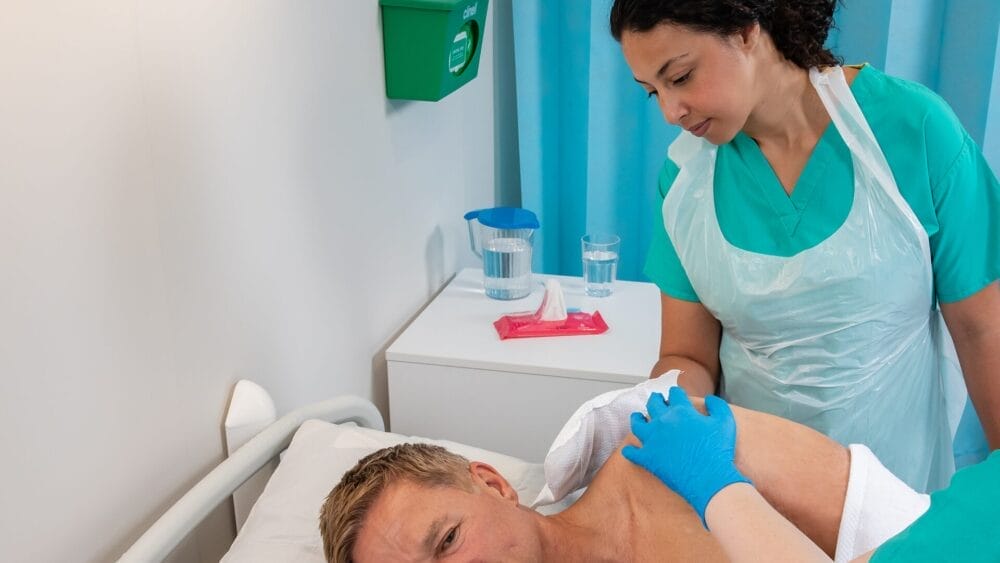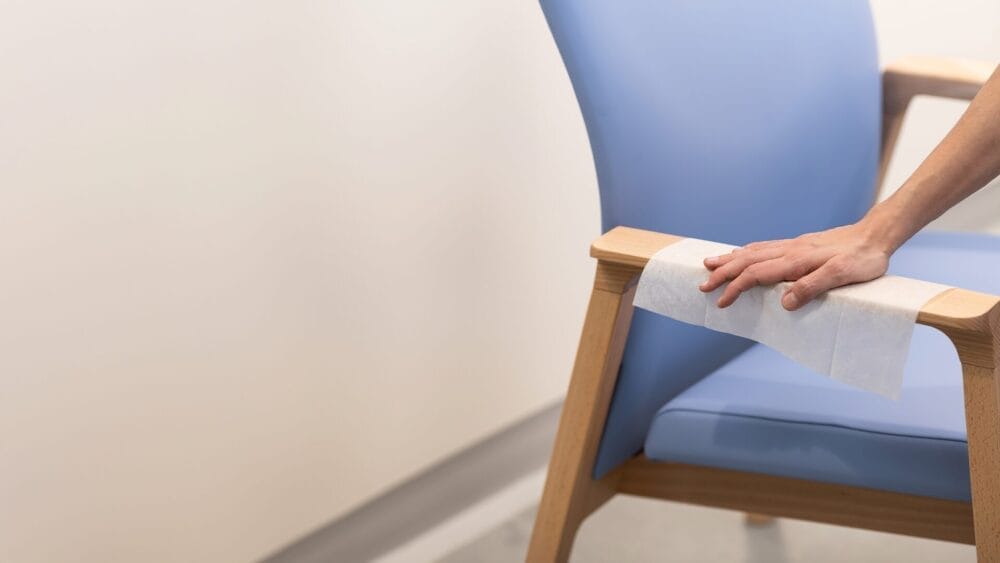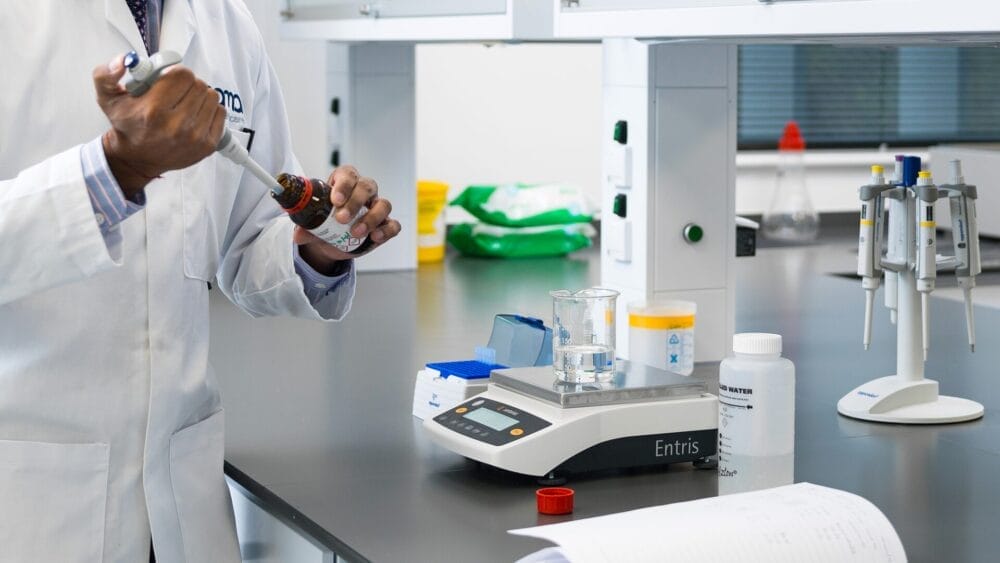Posted
29th July 2021
Company News
International shipping faces a raft of challenges that will shape our recovery from COVID. Supply chains all over the world see price increases on everything from furniture to toys to coffee. With the cost of shipping at an all-time high, essential consumables – such as Clinell Universal Wipes – are particularly hard hit.
Why is the cost of shipping increasing?The average cost of shipping has more than tripled over the last 12 months. In some weeks, shipping is nearly seven times was it was a year ago. But there’s no one single cause.International freight doesn’t often make headlines around the world. That changed earlier this year when the Ever Given container ship blocked the Suez Canal for more than six days, causing a traffic jam of over 400 vessels.
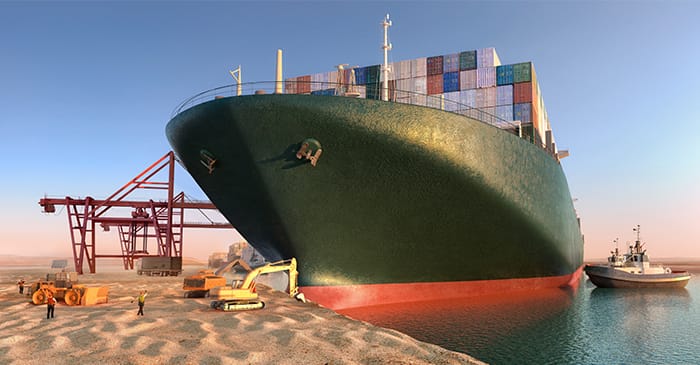
That incident placed a massive burden on an already straining system.
Shipping costs have remained relatively consistent for at least the last ten years. Like anything, there have been peaks and troughs, but the overall rates have remained largely predictable. However, in late 2020 – with lockdown restrictions easing in some parts of the world – the price of shipping began to soar.
Impact of Suez crisis (click image to enlarge):
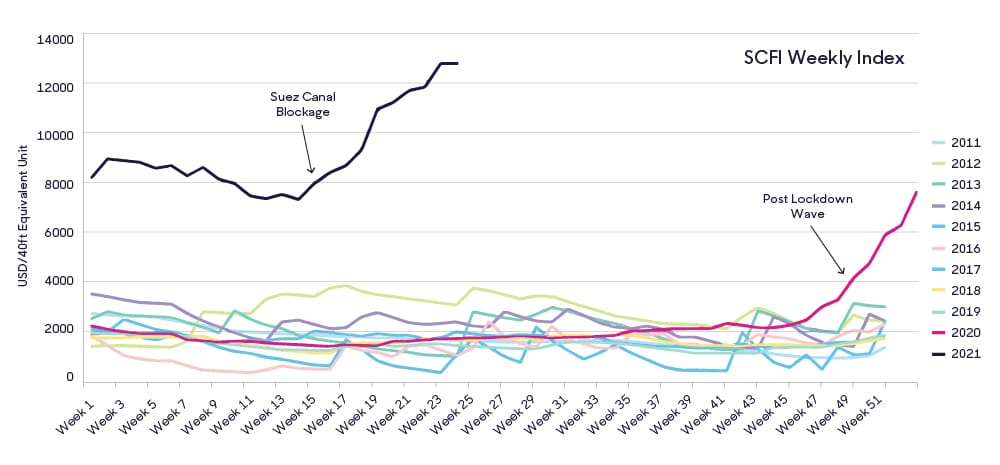
So what are the most critical factors driving the massive increases in shipping costs?
- Demand is at an all-time high.
The number of freight vessels actively chartered is at an all-time high. Less than 1% of the world’s fleet is currently idle. That pushes up prices but also leaves very little “slack” in the system. It means all these other challenges have an even more significant impact on the global market.
- Global equipment imbalances and HGV driver shortages.
Global freight relies on a continually moving chain of ships, containers and equipment. Local congestion has knock-on effects throughout the chain. A shortage of HGV drivers in the UK, Europe and the USA is worsening equipment imbalances across the globe. Network congestion in the USA, in particular, has follow-on effects for the rest of global freight.
- Port closures in China.
Yantian port in the south of China is one of the world’s largest freight ports. From the 21st May – 10th June, an outbreak of a COVID-19 variant reduced the port to 30% capacity. A backlog of ships built up at Yantian and nearby ports in Shekou, Hong Kong and Nansha. The incident was described as bigger than the closure of the Suez Canal, and the backlog will take weeks to clear.
- Changes to shipping regulations.
New rules have come into force mandating cleaner fuels, better scrubbers and alternative power sources in the shipping industry. Whilst these are all welcome changes, they’re expensive to implement and causing acute price increases as shipping companies look to recoup some of their costs.
- Limited alternatives to ocean freight.
There are very few alternatives to ocean freight. Those that do exist have seen massive spikes in demand in response to the ongoing shipping crisis. Rail freight is a potential option for smaller, high-priced items such as technology but remains cost-prohibitive for bulky consumables such as PPE and Clinell Universal Wipes.
What products are affected by increased shipping costs?
The shipping crisis affects supply chains across the globe. What started predominately in South-East Asia to Europe routes is now far-reaching. Price increases are being seen throughout various imports and exports.
The worst-hit products tend to be those where the shipping cost is a larger proportion of the overall cost of goods. That’s why, even though the problem is ubiquitous, some items are affected more than others.
For GAMA Healthcare, we’ve seen huge increases in our cost of goods for products like Clinell Universal Wipes. Our Clinell Universal Wipes have been used throughout the pandemic to protect hospitals, businesses and individuals from the spread of the COVID-19 virus.
What is GAMA Healthcare doing about increased shipping costs?
We want to make sure our products reach the people who need them at a price they can afford. We’ve spoken out against profiteering during the pandemic, increased production and set up new production lines in Europe.
We’re infection prevention specialists. Our job is to help save and improve lives by helping stop the spread of infection. That comes with a responsibility to keep our pricing affordable without ever compromising efficacy and safety.
In the face of a global shipping crisis, we’re taking as many steps as possible to minimise cost increases:
- Increased production outside of South-East Asia.
We’ve partnered with manufacturers in the UK to increase our production of Clinell Universal Wipes and decrease our reliance on long-haul shipping of products from South-East Asia.
- Actively managing our supply chain.
We’ve hired new roles in our Supply Chain Department, directly overseeing ways to reduce our production and shipping costs. In particular, we’re working with our shipping partners to use any short-term reductions if they become available.
- Exploring alternatives where possible.
We’re continually re-examining the situation, looking to take advantage of any alternatives that become feasible.
As we hopefully begin to move to a new world post-pandemic, we’re all facing new challenges. As the recovery gets underway, we’ll find new obstacles every day.
As an infection prevention company, we’ve experienced the busiest and most difficult time in our history. But that’s because our purpose has never been more vital.
For me, it’s been a privilege to be, in some small way, part of the fight against COVID. I’d like to thank everyone at GAMA, but also the lorry drivers, the warehouse workers, the dockworkers and everyone else who has helped us provide infection prevention products to the people who need them most.
There are plenty more challenges on the horizon, but it’s more important than ever that we face them head-on.
SHARE THIS ARTICLE
Tags
Latest News
Introducing HEXI HUB: A seamless transition in our product line
We’re pleased to announce an update to our product offering…
Innovative solutions for tackling Carbapenemase-producing Enterobacteriaceae (CPE) at King’s College Hospitals
King’s College Hospital NHS Foundation Trust, one of London’s largest…
Gloves Off: reducing unnecessary plastic waste during environmental cleaning and disinfection
In this blog, Dr Phil Norville discusses the momentum-gaining ‘Gloves…
Gloves Off: Navigating SDS sheets and skin safety claims in environmental decontamination products
In this blog, James Clarke (Head of R&D, Science &…

